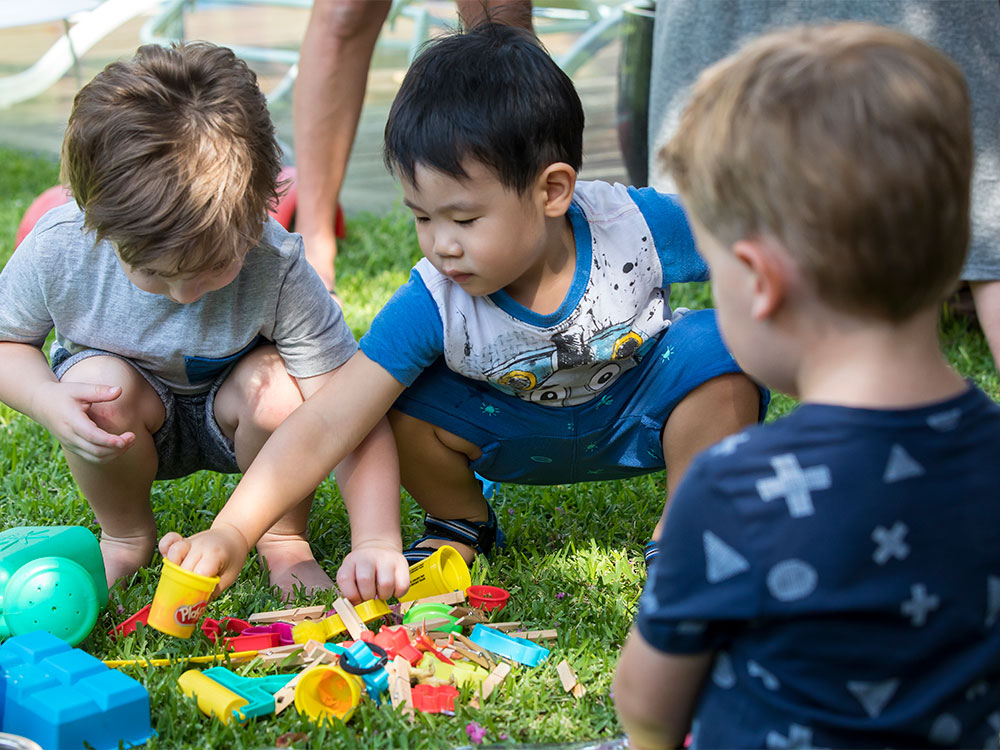Today, more than 70% of kids are enrolled in some childcare program or centre in Melbourne, and comparable figures apply to other nations. Children are typically at daycare since both parents are employed. However, occasionally, a professional will urge parents to place their child in child care because this setting will foster their development.
It would be beneficial to highlight some common misconceptions regarding the effects of child care and report on what the research reveals because parents have many queries about child care. The first few presumptions apply to kids who are generally developing, while the last three assumptions apply to kids with special needs.
Assumptions about children and childcare
- Compared to children raised by their mothers at home, youngsters who attend child care centres in melbourne perform better.
FALSE. The outcomes for kids who go to daycare are the same as those for kids who are raised at home. Whether a child goes to daycare or not, the family significantly influences their development, with the relationships between the parents and child playing a crucial role.
- Since most are of excellent quality, it doesn’t matter whose childcare a child attends.
FALSE. When choosing child care, parents should search for the “positive caring” attributes mentioned above because they cannot assume that all childcare facilities are of good quality.
- Children who attend childcare that is of a high standard have higher results than those who do not.
TRUE. We know that a child’s family and home environment have a more significant impact on his development than child care. However, it’s a fact that lots of kids go to daycare. The outcomes of kids in high-quality care were compared to those of kids in lower-quality care by the NICHD. They discovered that the kids in the better daycare facilities showed:
- Improved social, linguistic, and cognitive development
- and excellent preparation for school. Therefore, quality does matter when selecting a childcare facility.
The development of special needs children should be aided by early enrollment in child care.
FALSE. Children benefit from routines and consistent caring when they start daycare when they are older since it provides them with more time at home with their parents. In addition, they appear to gain behaviour control abilities due to this. Therefore, enrolling a child in daycare too young, particularly during the first year of life, may not be the best option for kids with special needs.
Whether or not children go to daycare, what happens at home significantly impacts their development. The interactions a child has with his parents have the most significant impact on how that child develops. What matters are frequent back-and-forth exchanges during routine activities in which parents pay attention to their children, express warmth and interest in what they say, and provide them with the information they can use to learn. These parent-child interactions determine a child’s growth far more than childcare characteristics.
How to pick a childcare facility?
Families should:
- Make sure to search for signs of good caring, especially the language the caregiver uses, as this is linked to high-quality care and successful outcomes. Refrain from assuming that all childcare facilities are of excellent quality.
- Discover whether a childcare facility is licensed or regulated, as these facilities typically offer superior quality care.
When deciding between a home-based arrangement and a child care centre, weigh the advantages and disadvantages.
If your child has a disability. Read these
Parents of children with special needs should keep in mind that:
- Opening a daycare gives the youngster extra time at home after becoming 12 months old so he can develop self-control.
- It has yet to be demonstrated that lengthening a child’s childcare hours will advance his development.

